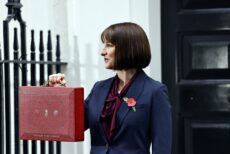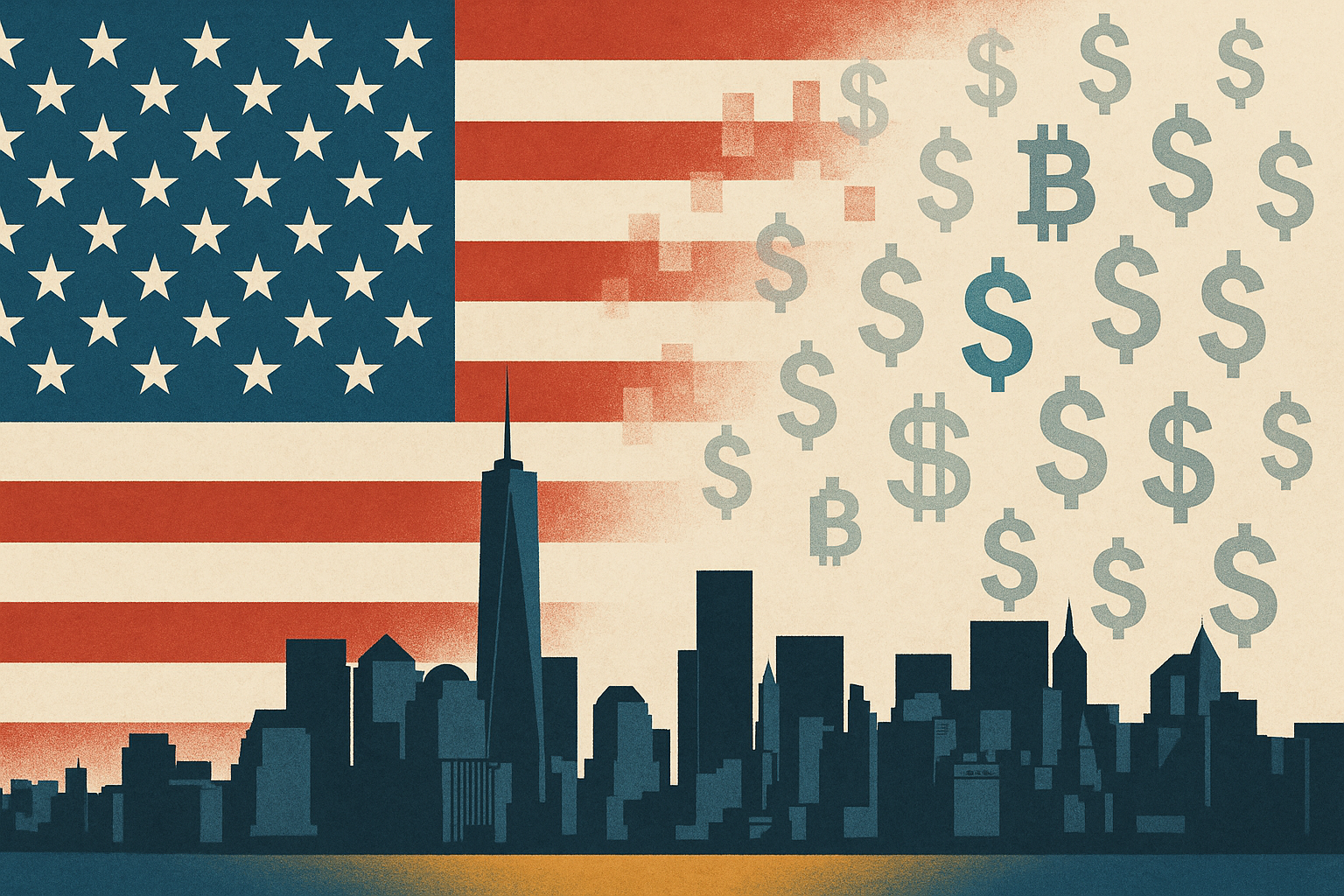Business Confidence Rebounds as Tariff Fears Ease – But Westminster Faces Criticism
Business confidence in the UK has climbed to its highest level since before last autumn’s Budget, buoyed by international developments, particularly US President Donald Trump’s decision to delay the full implementation of his planned tariff regime. This pause has provided temporary respite to British firms grappling with mounting cost pressures and wavering economic momentum.
According to the latest Economic Confidence Index from the Institute of Directors (IoD), sentiment among business leaders improved in April, with the index rising from -58 in March to -51—its strongest reading since September 2024. The figures are derived from a survey of 648 UK business leaders conducted between the 11th and 29th of April.
Improved sentiment has been accompanied by early signs of increased recruitment and investment intentions, with the IoD noting that expectations surrounding rising costs have also begun to moderate.
The findings point to the significant role that external trade policies, notably President Trump’s threatened reciprocal tariffs, have played in undermining UK business confidence this year. His proposal—announced on 2 April and subsequently delayed by 90 days—includes sweeping duties on British, European and Chinese imports, impacting industries from manufacturing and construction to agriculture.
Chancellor Rachel Reeves’ Autumn Budget in October 2024 had already dealt a blow to business sentiment. It included key changes implemented from 6 April this year, such as an increase in employers’ National Insurance contributions from 13.8% to 15%, a lowered threshold for contributions, and a 6.7% hike in the national minimum wage. These cost increases exacerbated concerns among British business owners, especially smaller enterprises already facing tight margins.
Anna Leach, Chief Economist at the IoD, said the temporary delay in US tariffs had provided some relief. “The overall mood among business leaders improved in April as the worst of the tariffs from the States were paused for 90 days,” she said. “The most prominent areas of concern were uncertainty arising from US tariff policy, which is slowing down and scaling back contracts, alongside the sharp rise in costs following last year’s Budget.”
Leach also voiced broader discontent within the business community toward the UK Government’s approach. “There’s a strong sense of frustration among business leaders that the Government has been quick to raise their costs but slow to deliver policies which will support them to grow their businesses,” she added.
The mixed economic indicators in recent weeks have further complicated the business environment. Official figures from the Office for National Statistics (ONS) showed stronger-than-expected GDP growth of 0.5% in February. However, more recent data from the S&P Global/CIPS UK Composite Purchasing Managers’ Index (PMI) suggested that private sector activity slowed significantly in April—the fastest rate of decline in nearly two and a half years.
Adding to the challenges, the International Monetary Fund (IMF) last month downgraded its UK growth forecast for 2025 to 1.1%, from 1.6% earlier in the year, citing structural weaknesses such as labour market inefficiencies, sluggish productivity improvements, and instability in global trade, particularly from the United States. The IMF’s latest World Economic Outlook warns that escalating global trade tensions could undermine global recovery efforts, especially for mid-sized open economies like the UK.
Although this recent uptick in confidence is welcomed by business leaders, many observers are cautious. The temporary pause in US tariffs has eased near-term stress, but Britain’s business community remains deeply concerned that without further clarification on both international trade and a more supportive domestic policy framework, the gains will be short-lived.
As negotiations continue in Washington and Westminster eyes a run-up to the next general election, firms will be looking for clear signals and actionable reforms to foster longer-term growth.
For additional analysis:
Business confidence hits highest level since October budget as Trump delays tariffs – Business Matters Magazine
ONS UK GDP monthly estimate, February 2025
IMF World Economic Outlook, April 2025
UK PMI: April 2025 – S&P Global




